The processing duration for Temporary Resident Visas (TRVs) for spouse applicants is currently 30 days at Immigration, Refugees and Citizenship Canada (IRCC).
The restriction is applicable to spouses who have already applied for Canadian permanent residence. Applicants no longer have to wait for the IRCC’s decision in their home countries; instead, they can now go to Canada while their application is being processed.
This essentially implies that Canadians or permanent residents with spouses and dependents living abroad will be able to connect with them more quickly and start settling in their new locations.
Before receiving approval for permanent residency or a work or study permit, spouses and dependents on a TRV are not permitted to work or study in Canada.
Sean Fraser, the immigration minister, made the announcement of the service standard on May 26 in Vancouver. The TRV approval rating for applicants who were their spouses was over 90%, he continued.
The significant growth in the use of advanced analytics by IRCC to pre-screen TRV applications before an IRCC officer reviews them for a final determination is a contributing factor in the high approval rating. Using this technology, according to Minister Fraser, enables the department to examine a variety of aspects of an applicant’s application to assess their likelihood of being allowed for permanent residency and classify them in a group that IRCC officials will find easier to approve.
The duration of the family class sponsorship processing
Applications for permanent residence under the family class sponsoring have a 12-month processing period. However, given that IRCC’s work permit processing time standards are 60 days and that spousal TRVs are now processed within 30 days, it might only take three months (90 days) for a sponsored spouse, partner, or dependent child to be able to enter Canada and begin working while they wait for IRCC to make a decision on their application for permanent residence.
Any Canadian citizen or permanent resident may be qualified to sponsor a spouse, common-law partner, or conjugal partner for permanent residence if they can sign an undertaking agreement to take on financial responsibility for the sponsored family for several years. When there are dependent children to care for as well, the sponsorship budget must be adjusted.
Additional steps to reunite families
The spousal applicants and their dependent children who live in Canada with their sponsor and have temporary resident status may be eligible for open work permits, according to another notification released by IRCC along with the TRV. As soon as they have filed a finished application for permanent residence to IRCC, they are eligible to apply for an Open Work Permit.
Spouse candidates were previously only qualified for an open work permit if they sought sponsorship from within Canada.
Fraser also said that open work permit holders whose present permits expire between August 1 and the end of 2023 will be able to extend them for an additional 18 months through a free facilitated process. This extension will apply to the partners and dependents of the majority of temporary employees, partners of overseas students, and candidates for permanent resident status.




